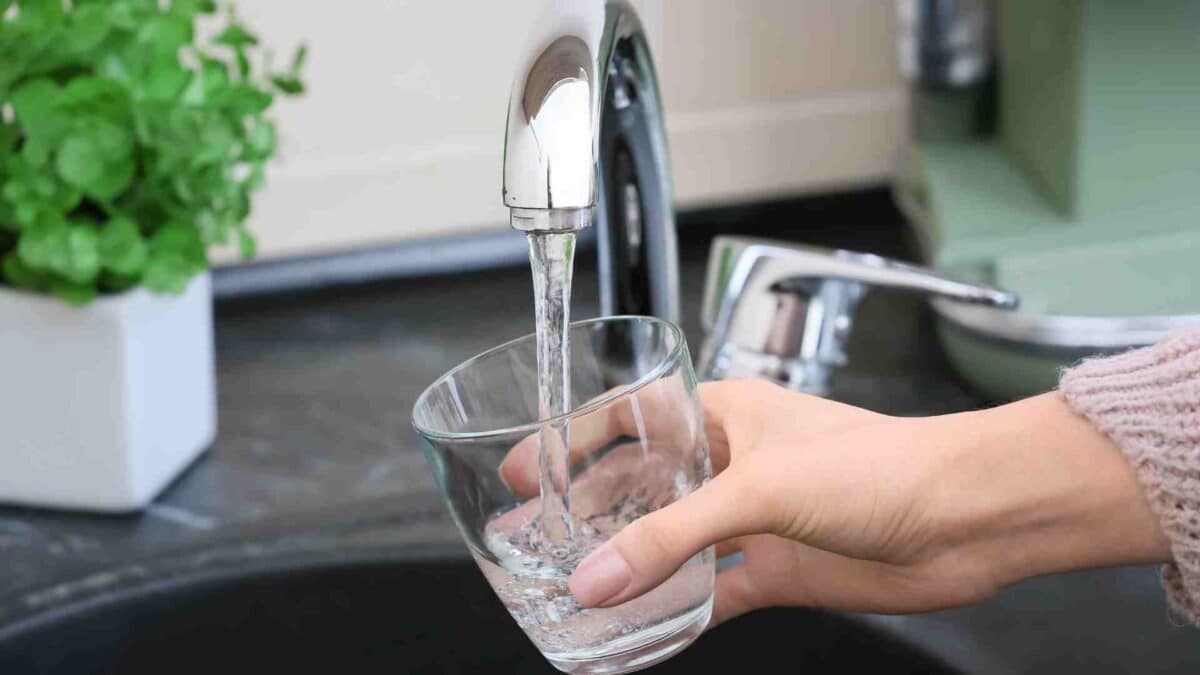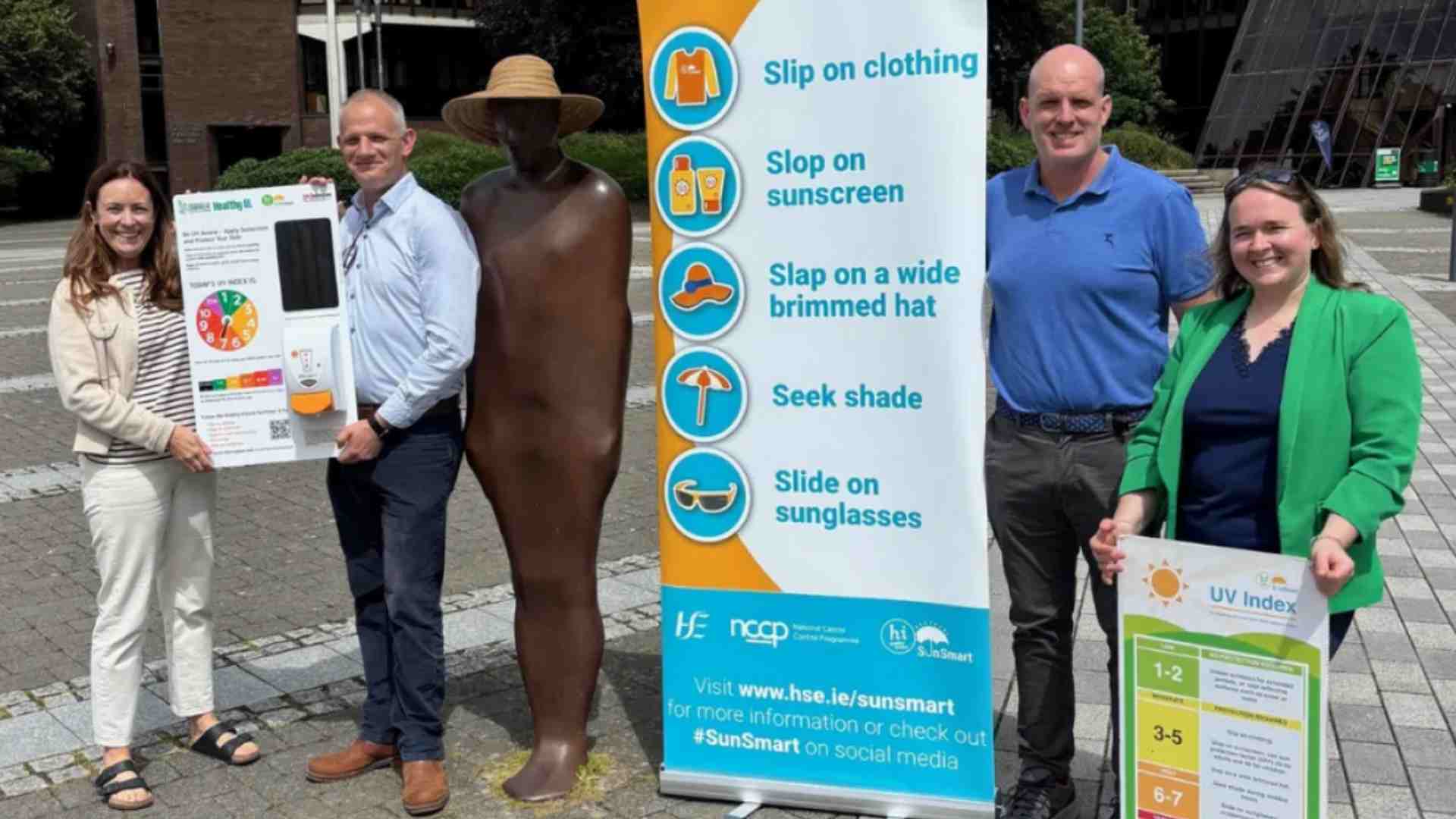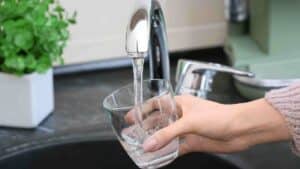
E. coli Contamination Doubles in Rural Water Schemes

The Environmental Protection Agency (EPA) has raised serious concerns about the quality of drinking water in rural Ireland, warning that hundreds of private supplies are going unmonitored, leaving people at risk from contamination.
In its annual report published yesterday, the EPA confirmed that E. coli failures in private group water schemes have nearly doubled in the past two years, while nearly 22,000 people are still being served water containing high levels of trihalomethanes (THMs) — a chemical by-product of disinfection linked to potential health issues.
The 2024 report on Drinking Water Quality in Private Group Schemes and Small Private Supplies paints a troubling picture of oversight and safety, particularly in rural communities and businesses that rely on wells and other private sources.
“Without registration and regular testing, consumers have no way of knowing whether their water is safe,” said EPA Director Dr Micheál Lehane. “This is a serious legislative gap that must be urgently addressed.”
Thousands of Supplies May Be Unregistered
Currently, over 370 private group schemes supply drinking water to some 193,000 people. In addition, around 1,700 small private supplies (SPS) are officially registered with local authorities. However, the EPA estimates that many more are operating outside the system, as existing regulations do not require private suppliers to register.
Unregistered supplies may be serving schools, nursing homes, community halls, sports clubs, and self-catering accommodation, with no legal obligation to test or monitor water quality.
E. coli Contamination on the Rise
In 2024, 24 group water schemes failed to meet E. coli safety standards — up from 13 in 2022. Six schemes recorded repeat failures, and five remain under long-term boil water notices.
Local authorities also recorded E. coli contamination in 51 small private supplies, many of which serve the public.
“This isn’t just a rural inconvenience — it’s a public health issue,” said Noel Byrne, Programme Manager with the EPA. “Every community deserves safe, clean water. We need to see better enforcement and investment in water treatment systems.”
THMs and Groundwater Concerns
The report also highlights ongoing problems with THMs, chemicals that can form when organic matter in untreated water reacts with chlorine.
In total, 19 private group schemes, serving over 21,000 people, failed to meet THM safety limits this year — a figure largely unchanged from 2023. These issues are generally confined to surface water sources; most SPS rely on groundwater and did not show elevated THM levels.
Registration and Enforcement Urged
The EPA is once again urging the Government to introduce mandatory registration of all private supplies — a recommendation it has made repeatedly in recent years.
While the proportion of monitored SPS has improved (from 86% in 2023 to 91% in 2024), the true scale of unmonitored water sources remains unknown, due to the absence of clear legal requirements.
The full report is available on the EPA website. Monitoring data can also be accessed through the agency’s SAFER database.
Share this WeathÉire story:





















